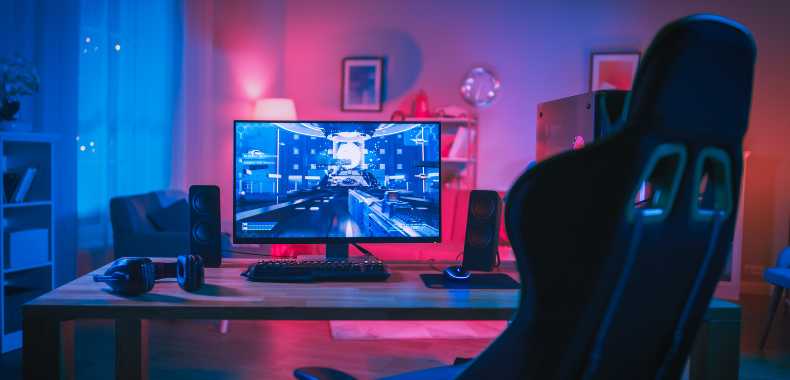Recentley Jia Wang, a veteran leader in data science and engineering within the interactive entertainment industry, shared her views with WIPO Magazine on the future of the video games industry and the role that intellectual property (IP) plays in it.
Tencent is a global technology firm that operates the world’s leading video game development, publishing and operations platform, and Jia Wang is the Deputy Director of the Technology Service Center for the North Americas Team.
Jia Wang clarifies that Tencent is strongly committed to IP and recognizes its enabling role in generating a more vibrant, creative, and innovative ecosystem for games and other areas of their business. A game is both a creative and a technical product and IP protects both aspects. There’s a lot of IP involved in the games that Tencent develops, from the technical mechanisms that enable and enrich the user’s experience to the storyline and the heroes they create.

Regarding to the mertaverse, Jia Wang explains that it’s not yet clear what it is or how it will evolve, although there’s a huge buzz around it. Tencent sees the metaverse as part of “hyper-digital reality”, a concept that integrates the digital world with reality to create a blended experience, which will allow people to connect more deeply with the virtual world. It will simply spark people’s imagination and push the boundaries of possibility.
Finally, talking about diversity, Jia Wang highlights that women in all sectors face many challenges, and that in the games industry they are definitely in the minority, but that’s changing. At Tencent America, for example, there is commitment to diversity and inclusion, many women are in leadership positions and there’s a strong sense that women can be successful there. The games industry requires many different skill sets, and that creates a lot of opportunity for everyone.
—
Author: Nathália Regina Alves Dourado, Bachelor of Laws, at Peduti Advogados.
Source: Tencent, video games, the metaverse and diversity: an insider’s view
—
“If you want to learn more about this topic, contact the author or the managing partner, Dr. Cesar Peduti Filho.”
“Se quiser saber mais sobre este tema, contate o autor ou o Dr. Cesar Peduti Filho.”



